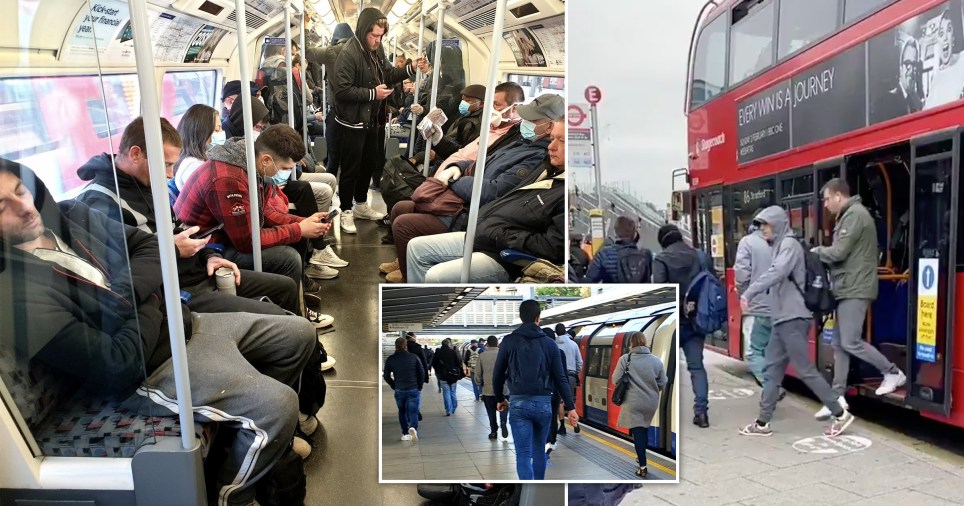A member of the Chilcot enquiry has tried to write an account of the UK response to Covid-19 so far :
https://www.iiss.org/blogs/survival-blog/2020/05/the-uk-and-covid-19
His
summary on Twitter is as follows :
Two factors reduced the sense of urgency in January. One was past experience: we had avoided SARS in 2003 while ‘swine flu’ had turned out to be a ‘damp squib’.3/13
Another was reassurances coming from country where C-19 outbreak had occurred (China), leader of the country that historically led international responses (US), and organisation responsible for keeping the world informed (WHO).4/13
Whatever the quality of prior planning the UK response was shaped by available capacity in a system designed for efficiency rather than resilience. This meant UK had to ‘flatten the curve’ because NHS would not be able to cope with projected peaks. 5/13
From early February the clear advice was that the UK would be hit by the virus at some point. The issue was how hard and when. Until 12 March advice conveyed the impression that there was time to develop and implement effective responses. 6/13
Benefits of implementing number of measures at once recognised in terms of impact but doubts about compliance. Instead of moving immediately to a stringent response advice encouraged a more graduated approach. 7/13
Government did start with decent testing programme. Once attempts to trace contacts faltered and eventually abandoned because of sheer number of random cases so did testing strategy. London as global hub and largest city in Europe cause of a lot of UK’s problems. 8/13
Graduated approach suited the government’s predilections but did not work because a) public anxiety and reports of what other governments doing. b) Imperial study of mid-March showing threat to NHS coming in much faster than anticipated. 9/13
Herd immunity was never central to strategy but poor communications (designed to explain why cocooning elderly but not large gatherings) gave impression that was. 10/13
High risk to NHS led government to move quickly to a full lockdown. By framing the issue as a problem of ‘saving the NHS’ however insufficient attention was paid to problems in social care sector.11/13
These problems made worse as people moved out of hospitals back into care homes. Situations in both health and social care sectors were aggravated by problems with PPE and testing.12/13
I've been influenced by my experience with Chilcot Inquiry: need for reliable account; watch out for hindsight; when taking advice (scientists/intelligence/military) interrogate it; watch out for groupthink; unintended consequences as important as intended./End
It's complicated...







 them and western digital those were only 2 hard disk drives I bought. I managed to avoid IBM Death Stars etc....
them and western digital those were only 2 hard disk drives I bought. I managed to avoid IBM Death Stars etc....